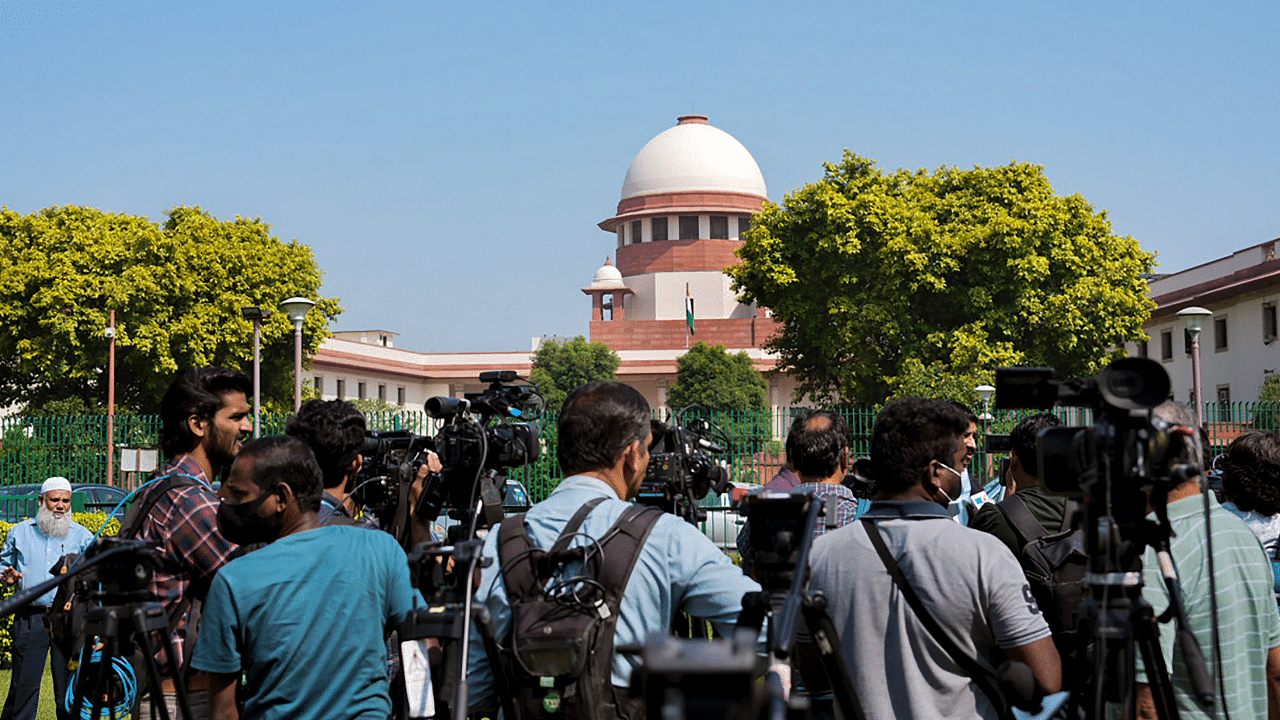
In an important judgment in motor accident claim cases, the Supreme Court has declared that a road mishap victim who suffered permanent disability is entitled to claim compensation for future prospects as well.
The top court said it is now a well-settled position of law that even in cases of permanent disablement incurred as a result of a motor accident, the claimant can seek, apart from compensation for future loss of income, amounts for future prospects, including marriage.
"We have come across many orders of different tribunals and unfortunately affirmed by different High Courts, taking the view that the claimant is not entitled to compensation for future prospects in accident cases involving serious injuries resulting in permanent disablement. That is not a correct position of law," a bench of Justices Surya Kant and J B Pardiwala said.
The court enhanced overall compensation for Sidram to Rs 21.78 lakh from Rs 9.26 lakh determined by the Karnataka High Court.
The man, who used to sell utensils, suffered grievous injuries in a road accident on July 18, 2012, while he was walking on the left side of the Kulgod-Gokak road, after being hit by a goods vehicle near the Laxmeshwar crossing, resulting into permanent disability to the extent of 45 per cent. He suffered from paraplegia due to the accident.
Advocate Sanjay M Nuli, appearing for the appellant, submitted that he was entitled to fair and just compensation as he was hale and healthy youth of 19-year at the time of accident.
He required a permanent attendant due to paraplegia.
"The appellant is unable to stand, walk or sit and is unable to bend his body or lift any weights. As a consequence of his grievous injuries, he will not be able to work in the manner as he used to prior to the accident and therefore, functional disability of the appellant ought to be considered as 100 per cent," he said.
Allowing his plea, the bench said, "There is no justification to exclude the possibility of compensation for future prospects in accident cases involving serious injuries resulting in permanent disablement. Such a narrow reading is illogical because it denies altogether the possibility of the living victim progressing further in life in accident cases – and admits such possibility of future prospects, in case of the victim’s death."
